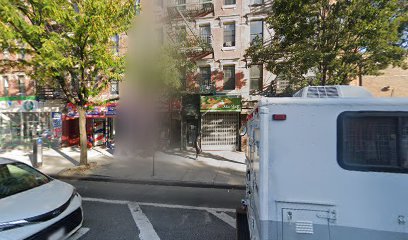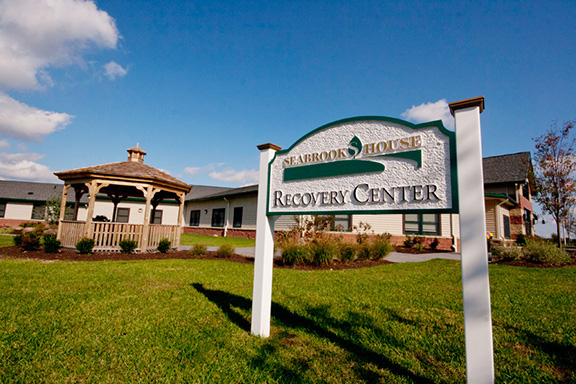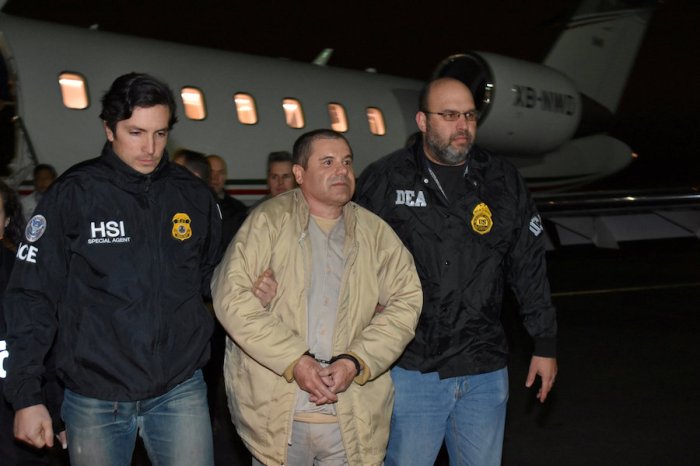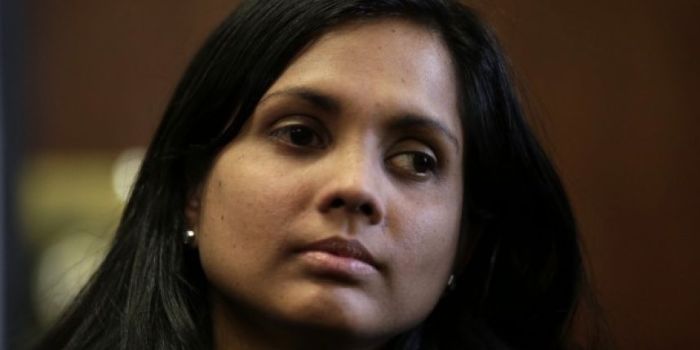A self-described “good old-fashioned family doctor” was busted this week for writing thousands of illegitimate opioid prescriptions out of his Central Park office.
Dr. Martin Tesher, 81, wrote more than 14,000 prescriptions — amounting to more than 2.2 million pills — for painkillers like oxycodone between June 2012 and January 2017, a “disproportionately high amount for a family practitioner,” the U.S. Attorney’s Office for the Eastern District of New York said in a news release.
Though he lists it on his website, prosecutors said Tesher does not have any specialized training in pain management. Opioids are highly addictive narcotics, and the abuse of prescription and street opioids is on the rise in New York and across the country. Studies estimate that more than 2 million Americans are hooked on opioids.
“Dr. Tesher acted no differently than a multimillion-dollar heroin ring, distributing more than $20 million worth of opioids,” DEA Special Agent-in-Charge James J. Hunt said in a statement. “In fact, by using his position as a family practitioner, he enabled patients seeking help for substance abuse and turned new patients into opioid addicts by writing unnecessary prescriptions in exchange for cash.”
In some cases, Tesher indicated that he knew that some of his patients were addicted to oxycodone, or that they were using other illicit substances such as heroin or cocaine, but continued prescribing oxycodone and other opioids to those patients anyway.
In one case, on a patient’s first visit, Tesher prescribed the patient 15 oxycodone pills a day without even basic verification that the patient had any injury.
This case is the latest in a series of federal prosecutions by the U.S. attorney’s office as part of a crackdown on prescription pill abuse. In January 2012, the office teamed with the DEA and five district attorneys in the region to mount a comprehensive response to what the Centers for Disease Control and Prevention had labeled an epidemic increase in the abuse of opioids.
“Law enforcement has no tolerance for rogue doctors, their medical staff or opioid traffickers, and we are committed to dismantling drug trafficking organizations, be it operating out of a family practitioner’s office or a heroin mill,” Hunt said.



















